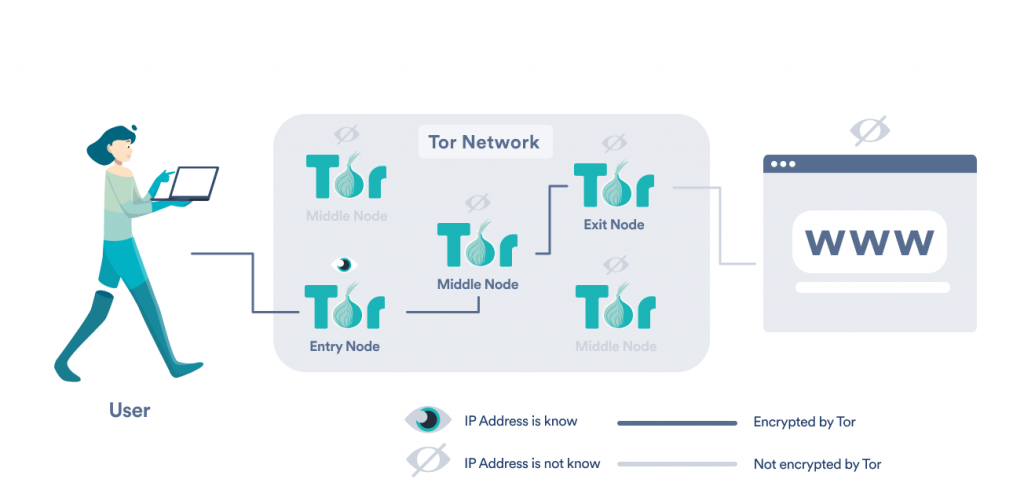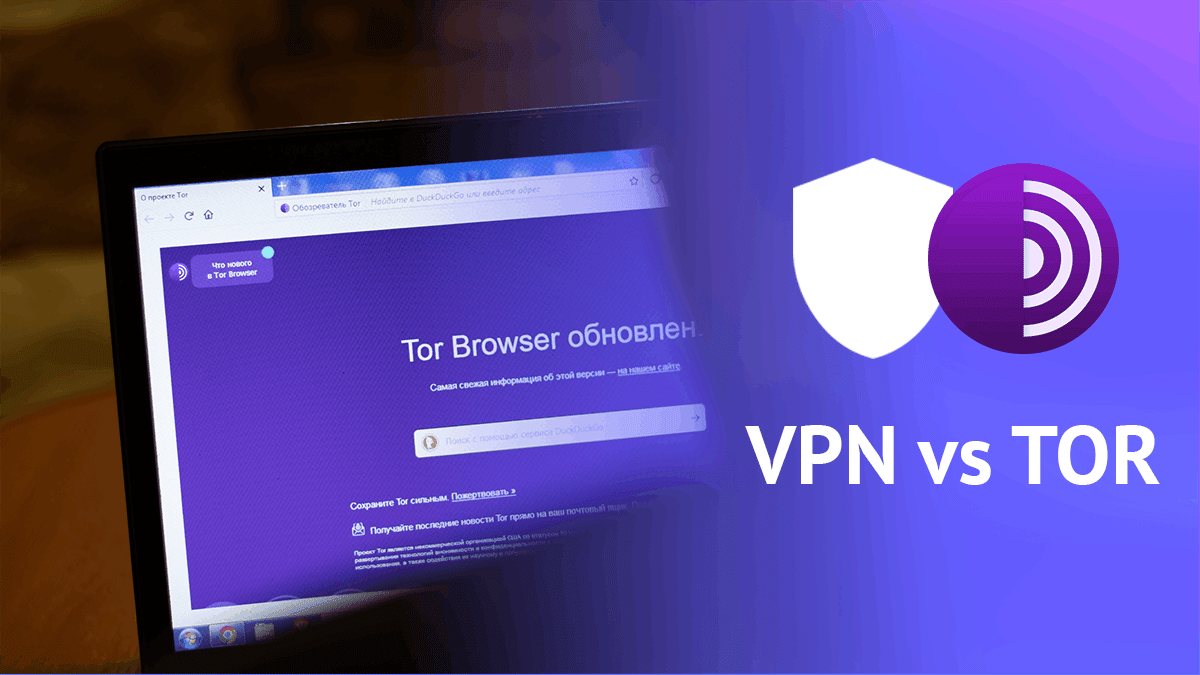Featured
Table of Contents
Vpns Vs. Tor: Which Should You Use?
The creators describe Tor as software that helps safeguard you online. When you utilize the Tor Internet browser, it reroutes your web traffic through the Tor network of volunteer servers scattered around the world.
Helps bypass geoblocking and censorship: if some website is obstructed in your country, Tor can permit you to access it. Your connection can only be as fast as that of the slowest node.

Many Tor users would have to wait 3 times as long to download something. As Tor operates on a volunteer network, you can't understand if your information isn't being obstructed.
Tor Vs. Vpn: Which One Is Right For You?
Bad for accessing particular geoblocked material: it's hard to gain access to geoblocked material that is only offered in a single nation. Random node selection means you can't actually manage the country where your exit node and the IP service reads will be. Restricted availability to websites: some everyday websites block Tor network connections.
Having the ability to choose what server you'll connect to, only routing information through a single server, and having the business take care of the servers makes sure that the VPN connection is practically as quick as using vulnerable internet. This method is more expensive to maintain. Excellent internet speed: because VPNs just bounce your signal through a single server, your connection is much faster.
This allows Tor to make sure that none of the servers know both the sender of the information and its location, while a VPN guarantees better speed and an actual option of server. Significantly, a VPN can offer a multiple-server function. For example, Dynamic Multi, Hop permits Surfshark VPN users to choose 2 servers to path their data through.
Unmasking The Differences Between Tor And Vpn
If your internet traffic links to the VPN server prior to the Tor network, the VPN server spoofs your IP. That means that even if the Tor entry node is compromised, the interested party will not be able to get your IP address.
As long as you have actually a trusted VPN provider, utilizing the Tor browser with a VPN may be a worthwhile trade-off. Tor and VPNs are personal privacy tools with comparable functions.

Tor is more secure for sharing delicate details or anything else that may put you at risk. A VPN, on the other hand, is much faster.
Whonix ™ Versus Vpns
Tor will encrypt the Spotify website but not the app, while a VPN will secure both. Type of. Tor runs your information through numerous layers of file encryption at the same time, while VPN providers usually just utilize one layer. Still, Tor only encrypts the traffic that goes through the web browser itself.
Yes. Tor hides your IP when you are looking for something on Tor. It is very important to keep in mind, though, that this only applies to the browser itself. Any traffic that does not go through Tor will be exposed. Utilizing a VPN with Tor can result in internet speed slowdowns: You are routing data via 4 servers; The VPN server and the Tor entry server may be located far apart.
VPN is much better for streaming, downloading, and other everyday uses. In short, the distinction is that Tor routes your internet traffic through 3 random servers and encrypts it 3 times, VPN routes it through a single server of your choice and secures it once, and a proxy simply routes your traffic by means of a single server.
Vpn Vs Tor Vs Proxy Servers In 2023: Stay Anonymous ...
No matter why you desire to remain incognito online, you're most likely to pick a Virtual Private Network (VPN) or Tor browser. These are 2 of the most popular alternatives among those worried about securing their digital identity. If you are looking to choose one, which is the most suitable? To put it just, Tor is best for those transferring delicate information.
Table of contents Tor and VPN are tools used to remain anonymous online. The Tor browser is a complimentary, open-source task enabling you to surf the web anonymously.
Yes, the name sounds silly, but the concept behind it is brilliant: the Tor internet browser network is developed of layers upon layers of independent nodes run by Tor users. A VPN assists you protect your online personal privacy by producing a protected connection to any network or server online.
Vpn Vs Tor, Which Is Better? - Bitvpn Blog
The key distinction between Tor and a VPN is that there are multiple VPN tools and service suppliers readily available however just one Tor web browser network. Tor relies on a decentralized layer of independent nodes to transfer data firmly, while VPN software links to a main server to supply a safe VPN tunnel.
Latest Posts
Best Vpns For Remote Workers & Freelancers In 2023
Best Vpn Solution For Your Business
The Best Vpn For Business In 2023: Top 8 Corporate ...